Mass Immigration and National Identity: Unseen Consequences for the UK and US
The issue of mass immigration remains a controversial topic, and it is likely to get more so especially in the UK and the US, given the polarised reactions on both sides of the Atlantic. Between the liberal and conservative extremes, much of the debate about immigration touches on notions of national identity, security and economic well-being. This blog will try to disentangle the issues, examining the societal and economic effects of immigration, while also looking at the drivers behind the trends.
The State of Our Streets
Today’s streets no longer feel as safe as they once did – as reflected in survey data from many ordinary citizens. At the root of this problem is the dangerously porous nature of our border controls that allow millions of illegal migrants to enter the country, bringing their own cultural backgrounds and values that often conflict with our historically shared heritage. To what extent can an influx of immigrants jeopardise social connections and put the safety of our streets at risk?
The Economic Landscape
The economy, meanwhile, has changed even more radically, entering what some are calling a new gilded age. The divide between rich and poor has become stunning. Even as the elite live like world-class consumers, more and more working families see a future of shrinking job opportunities and falling wages. The global economy appears to be approaching a dead end. The model of endless growth through consumption of ever-cheaper goods made by ever-cheaper labour is unsound.
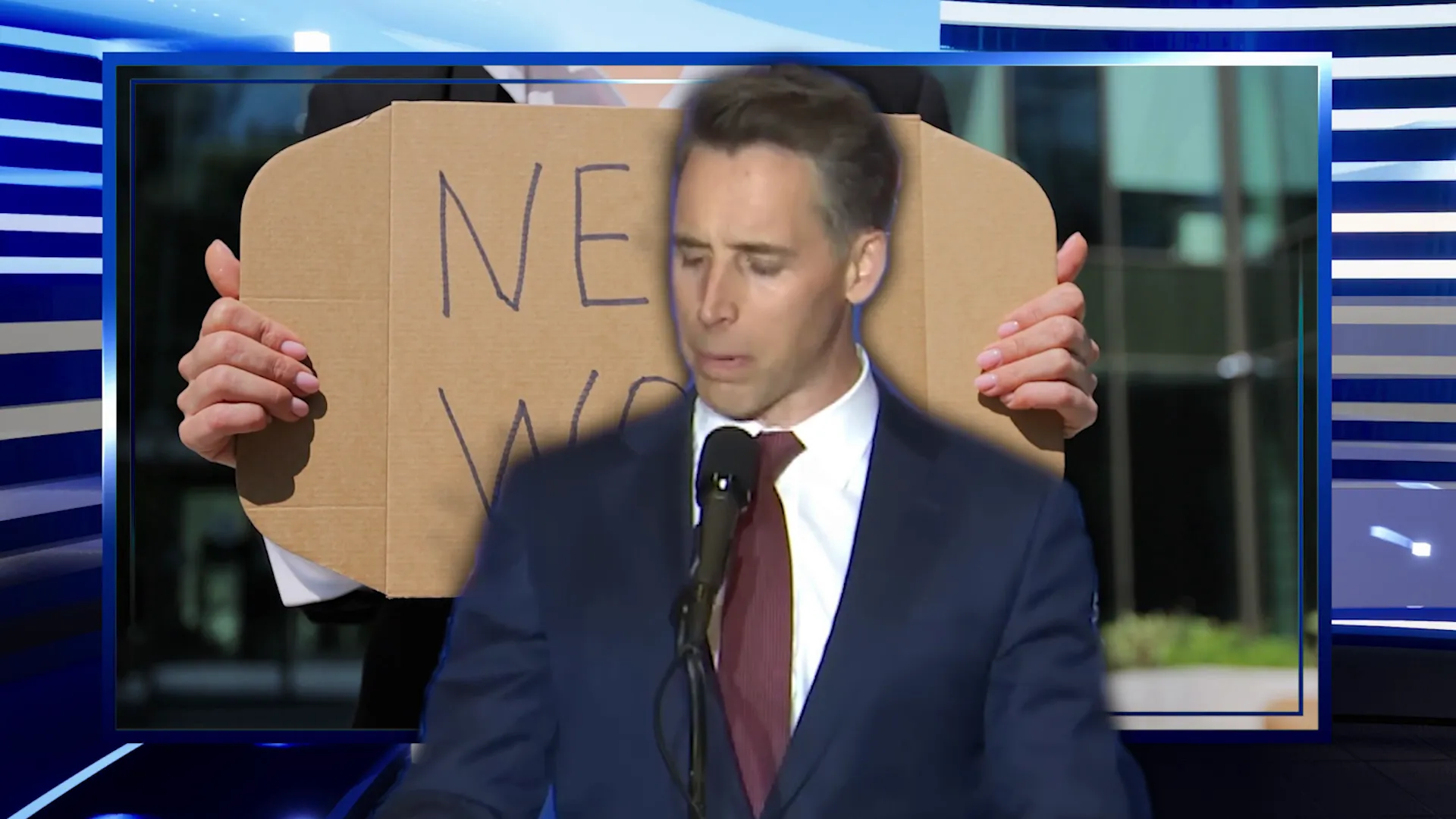
The Cultural Shift
The pattern of migration into Britain, and the cultures, religions and ethnicities of the people arriving, have become much more diverse, changing the demographics of UK society. Some of the changes are enriching, but they also present challenges to the traditional and long-cherished ways of life that have become associated with Britishness. One of the main concerns is the significant increase in the number of Muslims in the British population, and especially in the younger generations of the Muslim community, who might hold views incompatible with mainstream British values.
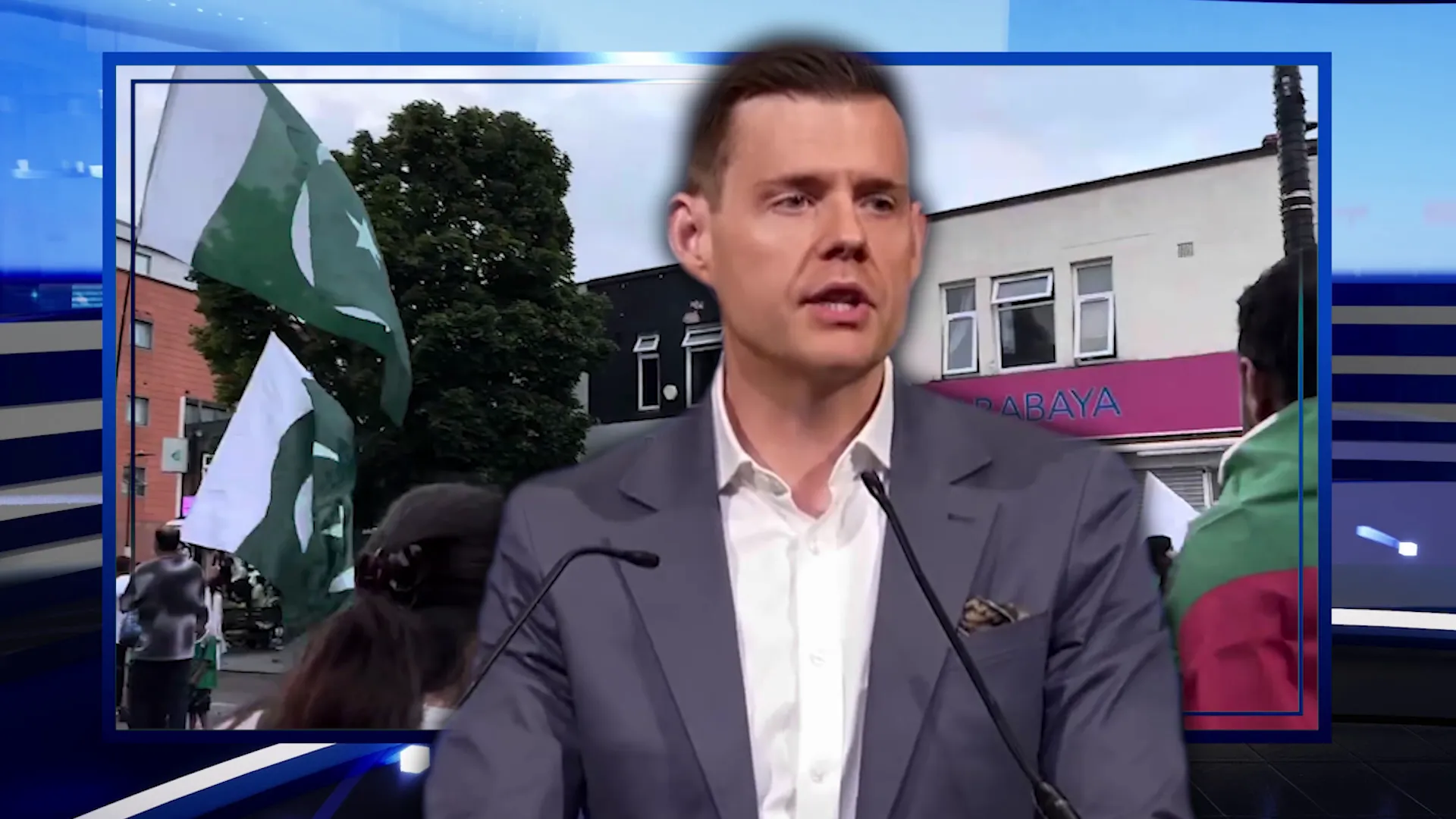
Illegal Immigration: A Growing Concern
Illegal immigration, many say, undermines the rule of law and the integrity of the immigration system, while the cost of housing illegal immigrants has been phenomenal – prompting further questions about what is in the Government’s priorities, just who is working hard for their money, and what this all means for taxpayers. There are much more sinister questions, too. While the requirement is in principle for legality over lawlessness, criminal activity makes its own demands on the system.
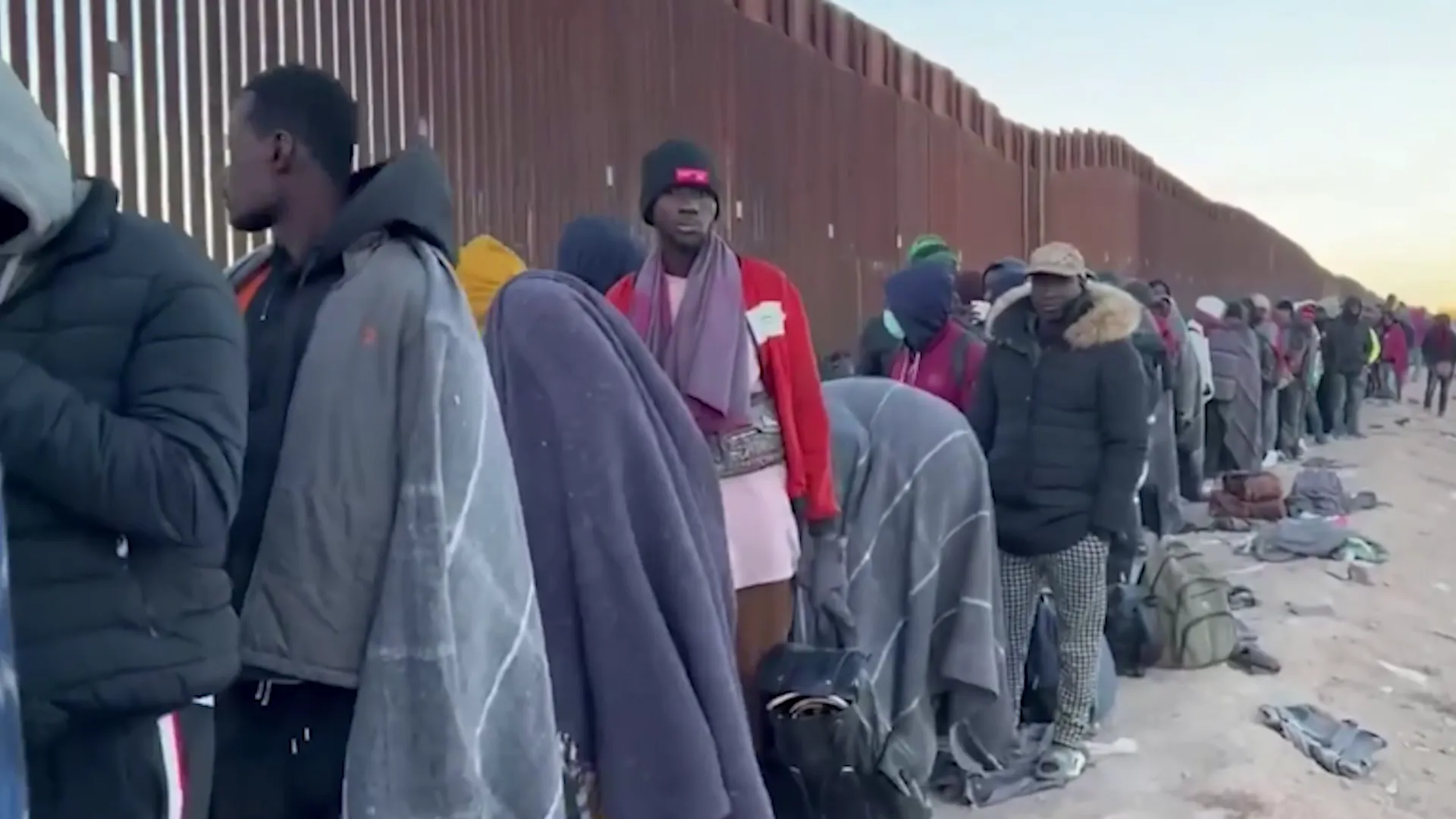
The Impact on Society
Popular attitudes toward reduced immigration are pushing in one direction, while leadership is seemingly pushing in the other. Many voters feel that their voices aren’t being heard in the immigration debate. This gap between the policy preferences of the elite and the policy preferences of the electorate illustrates a core challenge of democratic governance.
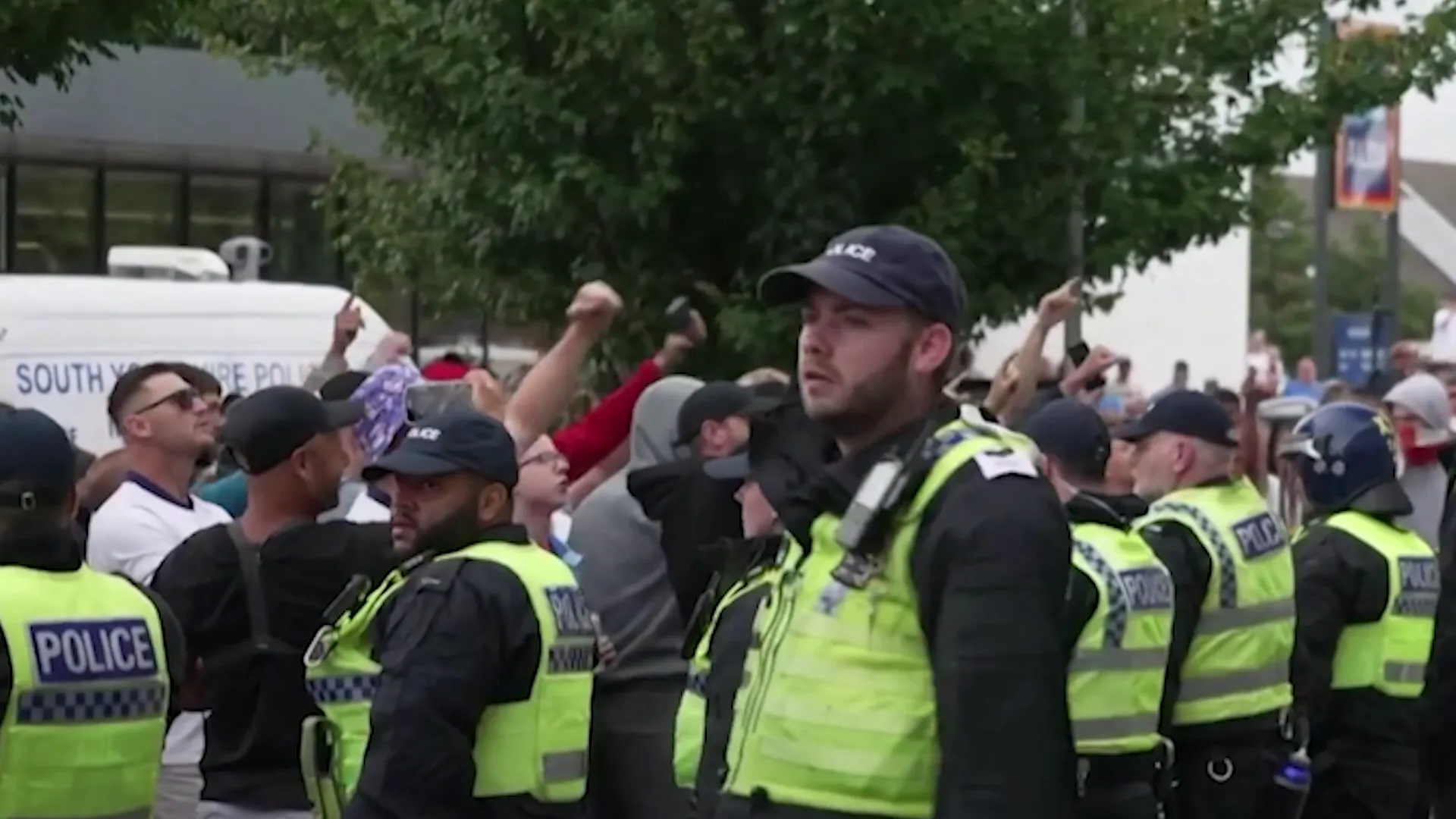
The Role of Elites
It is no coincidence that such cheap labour often benefits elites in society, whether political or business. When elites begin thinking in terms of returns on investment – especially when they feel little connection with the challenges faced by ordinary citizens – their motives and obligations become questionable. This collective sense of betrayal is itself an act of betrayal, one that fuels the anger of populations who feel that the elites’ values do not align with theirs.
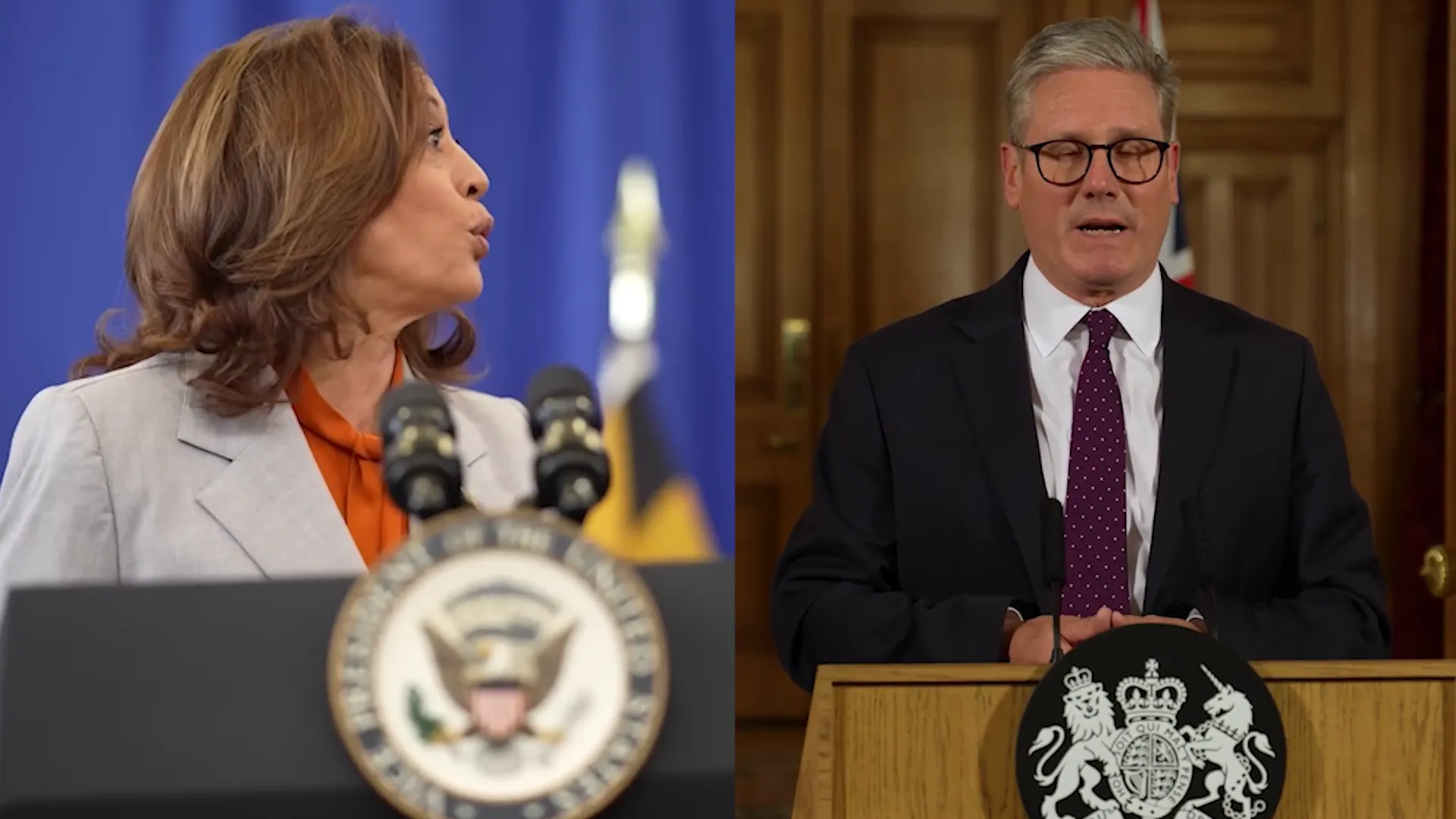
Challenges to National Identity
The impact of mass immigration continues to pose stressful challenges to nationhood, and the sense that essential national values and norms are under threat has its own dynamic independent of participation in or the vote for Brexit. Meanwhile, the Common Man’s perceived alienation from political authority, and his spiritual and social neglect, is insistent and loud. When are we going to talk about it?
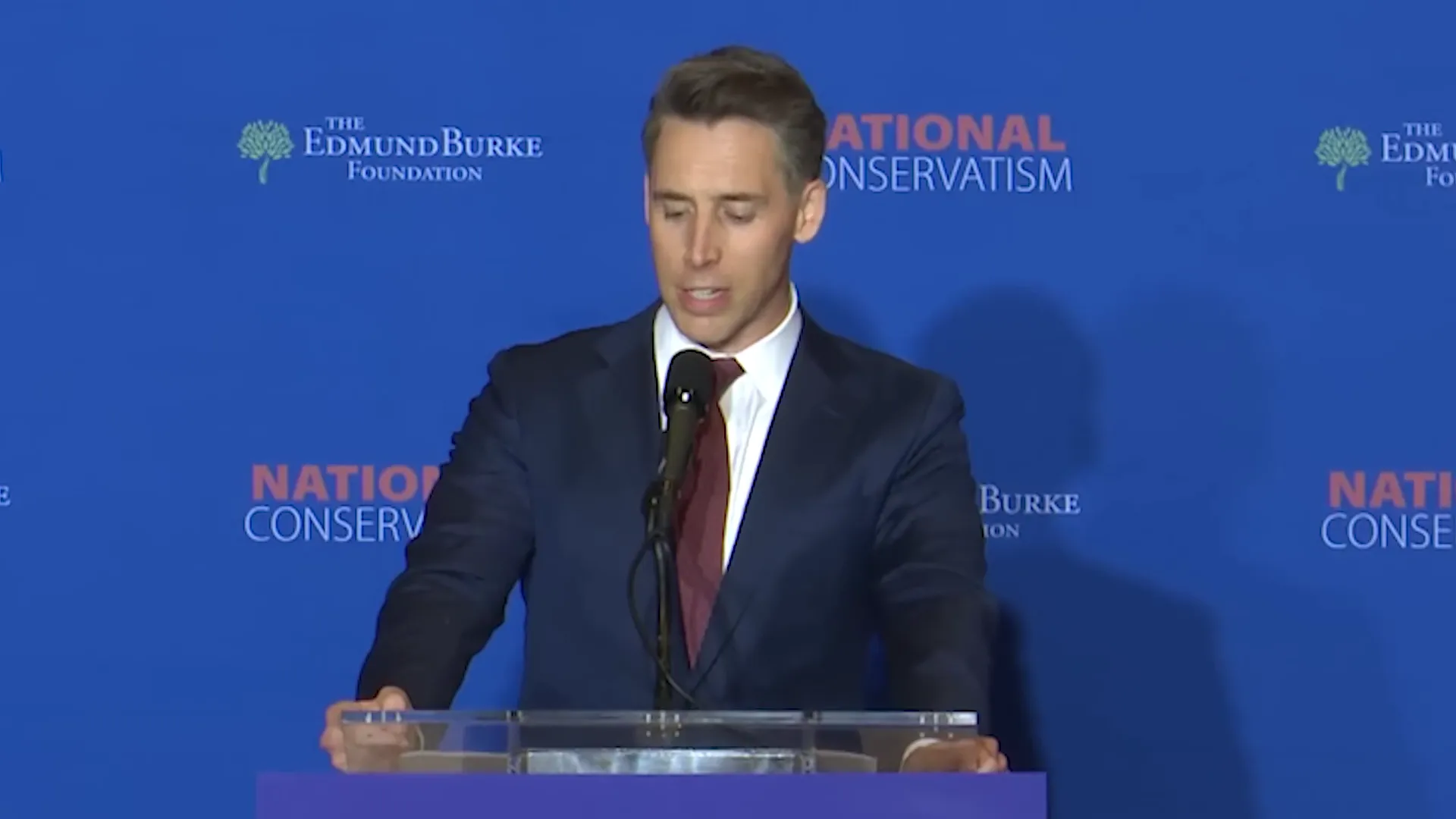
The Political Landscape
Anything that follows Brexit will fail to address the real problem with immigration – that we can’t control it, and never have been able to, never will be able to. Politicians have no idea what implications their policies and promises have for the electorate.
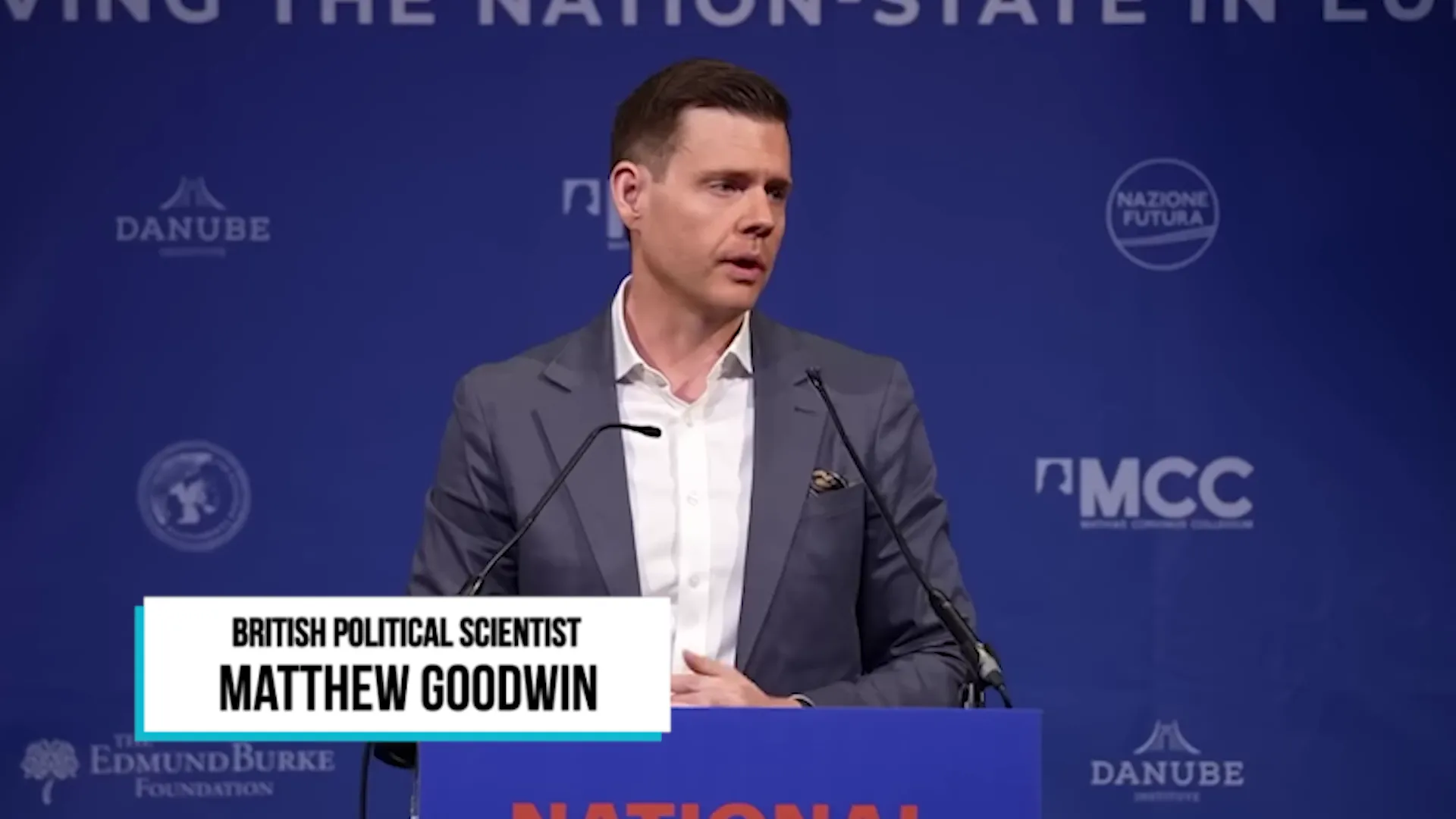
The Future of Immigration Policy
Immigration policy in the UK and the US in the future must be led by the will of ordinary citizens — towards a model that is about skill and value, not about wholesale numbers. Then and only then can the debate over the consequences of mass immigration start to be faced.
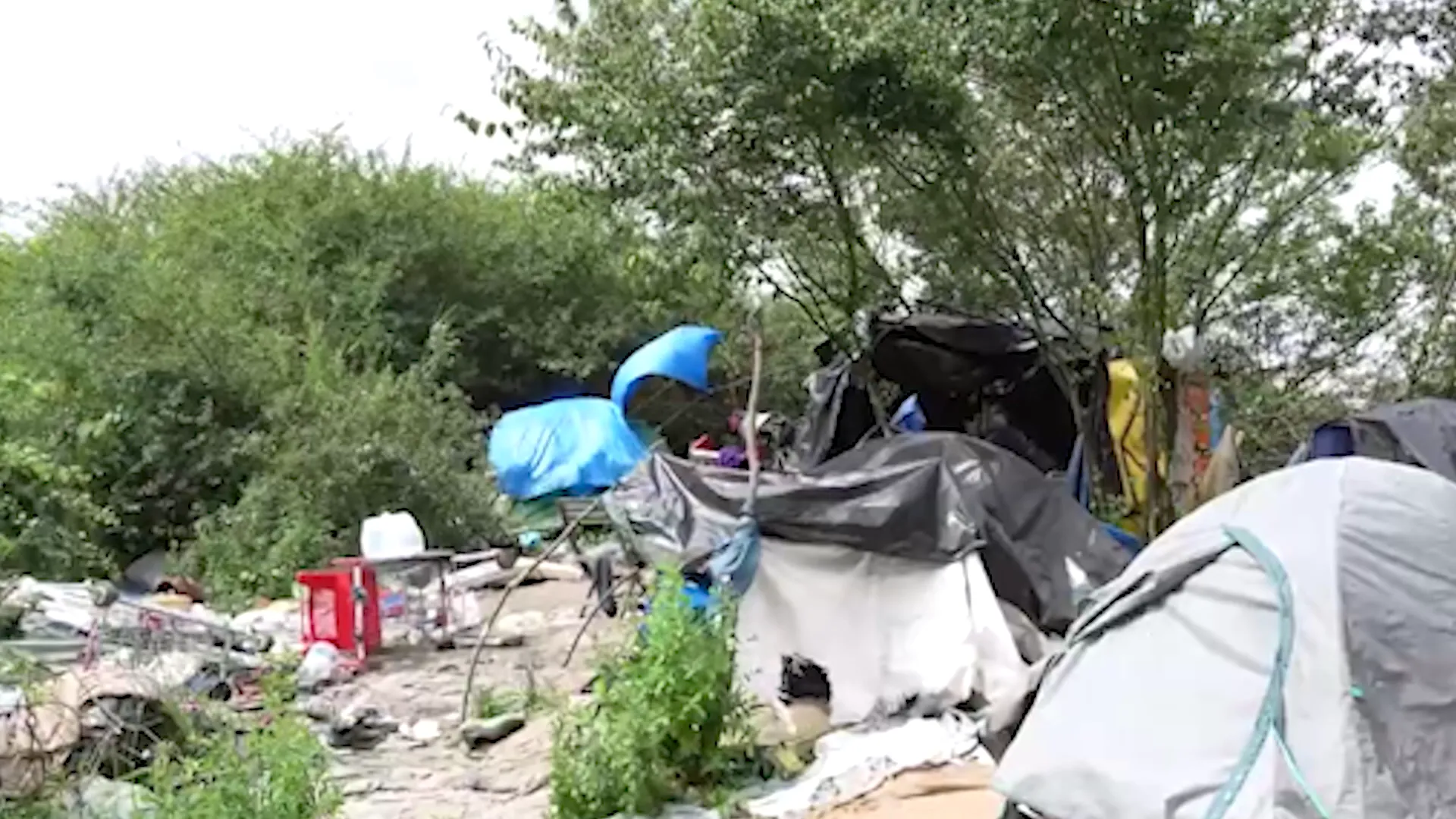
Conclusion
For all these reasons, the political discourse around mass immigration is by its nature a multifaceted one: it concerns everything from the safety and security of a state and its citizens, to the financial wellbeing of a country and its ability to maintain some level of economic order; it concerns the future of culture, the preservation of national identity; it concerns ultimately the very nature of society in whatever form one imagines it. It is a massive concern for a democratic, self-governing society and its president, its citizens, its lawmakers, must face these future-oriented considerations head-on: in the honest and open debate about the future of immigration policy, things likeBrexit and Trump are a glimpse at a shared future for which we must prepare now. We cannot do away with open dialogue, but must rather continue legitimising it, otherwise risks regarding the future of modern society will continue to increase.
If this blog has been informative, please share your comments below. We appreciate your input. Stay informed & engaged for more of these important topics.

Leave a Comment